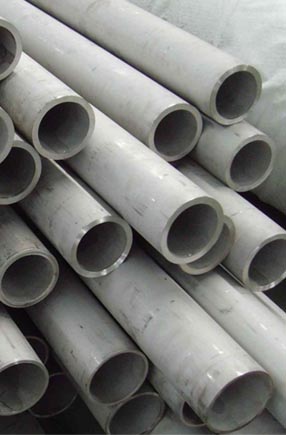What Are Duplex Steel Pipes?
Duplex steel pipes is the name of the pipes made from a class of stainless steel called duplex stainless steel. This content has a more even phasor of ferrite and austenite that offers a combination of strength and resistance to corrosion, stress cracking, and fatigue. Different grades of duplex steel are designed according to the requirements of specific applications.
Common Grades of Duplex Steel Pipes
Standard Duplex (e.g., UNS S32205 / S31803)
Super Duplex (e.g. UNS S32750/S32760)
Lean Duplex (e.g., UNS S32101 / S32304)
Factors to Consider When Choosing a Grade
1.Corrosion Resistance Requirements
For applications where there is exposure to highly corrosive environments, such as seawater or acidic solutions, super or hyper duplex grades should be specified.
For less aggressive environments, standard or lean duplex grades may be appropriate.
2.Operating Temperature and Pressure
Super and hyper duplex grades have an enhanced mechanical strength and are used in high pressure systems.
For applications involving moderate pressure handling, standard duplex grades may be more appropriate.
3.Budget Constraints
Lean duplex grades are an economic option with fair properties.
The features of super and hyper duplex grades are far better than normal ones but the cost is high and so is its durability and endurance in harsh conditions.
- Weldability and Fabricating Requirements
Standard duplex grades, and lean duplex grades are easier to weld and fabricate.
Specialized welding procedures may be required for super and hyper duplex grades due to their higher alloy content.
- Regulatory and Industry Standards
Be certain that the grade you select is compliant with your application in accordance with ASTM, ASME and NACE.
Conclusion
The selection of duplex steel pipe grades is important to keep your systems and the structures that support them effective and long-lasting. However, choosing between these grades requires careful consideration of the respective properties and applications; only then can you select a suitable grade that achieves the right balance between performance, cost and durability. Talk to the material experts or trusted suppliers to help you in choosing the perfect grade according to the need of your project.

